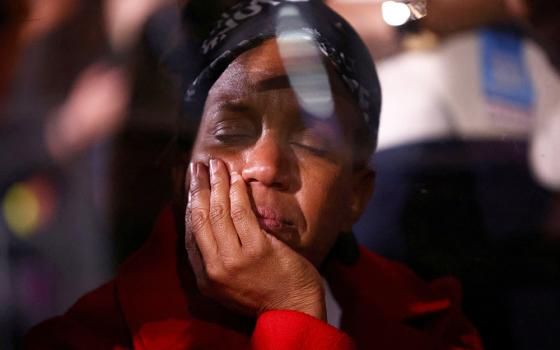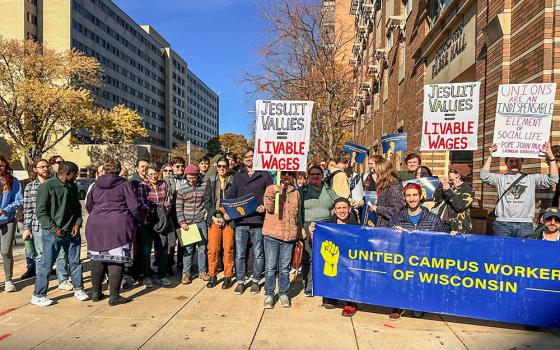A few things jump out at me from the New Hampshire results and the state of the GOP nominating race. In no particular order, these are the main take-aways:
1) Is Romney 2012 the McCain of 2008? John McCain used his win in New Hampshire to propel himself to victory in South Carolina and on to the nomination, but he never won the love of the GOP base. Indeed, the whole rationale for the GOP keeping New Hampshire at the front of the pack is that its voters pull the party back towards the center. But, in 2012, the base is more assertive – ask Mike Castle! And McCain could channel the patriotic meme better than almost any candidate in living memory. On the other hand, Republicans are united by, and worked up about, their venom for President Obama in a way they weren’t in 2008. Will the GOP base jump on the Romney bandwagon or will a third party challenge emerge?
2) Can the anti-Romney forces coalesce behind a single candidate? No one runs for the presidency unless they have a pretty large ego and, in the course of running, that ego puts up with a lot. Think of the number of guest rooms and less than stellar hotel rooms in Iowa Rick Santorum has slept in the past year. Think of the time spent in planes and buses by Newt Gingrich in the last six months. They did not go through all that just to throw it all away, they did it to win. Gingrich has gotten a huge infusion of cash via his SuperPAC but his unorthodox campaign also has done next to nothing to create an infrastructure of the kind needed to win a nomination. In 2008, Hillary Clinton’s staff was so confident of a big win on Super Tuesday, they had made no plans for the series of caucuses that followed over the subsequent three weeks: Obama ran the table and built up an insurmountable lead in delegates even thought she actually won most of the big outstanding primaries in Texas, Ohio and Pennsylvania. Campaigns are about vision and mechanics, and it is not clear that either Santorum or Gingrich have been paying attention to the mechanics.
3) Why are Republicans going after Romney’s tenure at Bain Capital? The Tea Party anger was always directed at Wall Street as much as it was at Washington: The galvanizing event that created the Tea Party was not Obama’s health care plan, which was still amorphous in the spring on 2009, but the TARP bailouts at the end of the Bush administration and the Stimulus bill and Detroit bailouts at the start of Obama’s term. The average Joe was not getting bailed out, even if he was a plumber in need, why should Wall Street fat cats get bailed out with Joe’s tax dollars? Of course, TARP was essential to prevent a catastrophe and the Stimulus may not have saved as many jobs as hoped but it served as an economic tourniquet and stopped the bleeding. But, none of that satisfied the rage of the Tea Party. Still, going after Romney on this score risks muddying the GOP message: I find the tactics of the financial sector deplorable, but that is why I am a Democrat. Maybe there is still enough populist rage against Wall Street within certain sectors of the GOP to get some votes, but it totally muddies the narrative the anti-Romney forces need to mount, and mount quickly.
4) Why is Mitt Romney thrilled that his GOP challengers are going after him about Bain? Reporters never like to report something a second time. They want to break news, find the points of discontinuity, highlight what has changed. Romney would much rather have the national press corps focus on his time at Bain Capital now, in the winter and in the context of a GOP primary race, than next fall leading into a general election. The Obama campaign will still raise the issue, and put a lot of ads behind it, but it is the earned media, the news reports in local papers and on local television stations that really matter to undecided voters in a presidential race, and the press will not be interested in reporting in October about something they already reported in January.
5) Huntsman should find a different line of work. The guy virtually lived in New Hampshire for the past six months, but he still couldn’t beat Ron Paul. Had the primary in New Hampshire been a closed primary, in which only Republicans could vote, he would have been trounced. According to exit polls, almost half of the voters in yesterday’s primary were unaffiliated voters, not Republicans and among Republicans only, Huntsman trailed both Gingrich and Santorum. Besides, Huntsman is fighting for the same moderate voters Romney now owns. It is time for him to pack it in. That said, if he stays in, any votes he takes in South Carolina, he is probably taking from Romney.
6) The stupidity (or sloth) of some reporters is like original sin. It will be with us until the end of time. The other night, Erin Burnett on CNN was interviewing a Romney campaign strategist about Romney’s “I like firing people” comment. The comment had been totally taken out of context by Romney’s opponent and they were foolish to focus on it. The Romney campaign spokesman told Burnett that the context was being able to fire your insurance company, which was indeed the context, and that the point Mr. Romney was making was that Americans wouldn’t be able to fire their insurance company unless Obama’s health care law was repealed because there would only be one insurer, the government. Huh? Not only was the “public option” defeated, but it was never more than an option. Private insurers aren’t going anywhere and the government is emphatically not getting into the insurance business, apart from Medicare and Medicaid. But, Burnett did not challenge this bold-faced lie, she just let it slide. This morning, a front page story in the Washington Post by Peter Wallsten and Karen Tumulty refers to “the deep divisions between two key GOP groups: tea party groups yearning for a pure small-government conservative, and evangelical Christians who want a loyal social conservative.” Is there any evidence for these “deep divisions?” As far as I can tell, the pure libertarians have their candidate in Ron Paul. There is by now ample polling data that shows the Tea Party is the evangelical wing of the GOP when it is discussing economics. There are not any divisions. They are mostly the same people.
Romney took a big step forward last night, to be sure. Had his support slipped below 35%, he might be in trouble this morning in ways he is not. I don’t see Gingrich or Santorum or Perry stepping aside before the South Carolina primary although one of them could emerge from South Carolina as the un-Romney with plenty of time to keep this thing going into the later months. But, if the morning after South Carolina feels like the morning after Iowa and New Hampshire, with Romney facing a field of opponents rather than a single foe, there will be no way to stop him.




